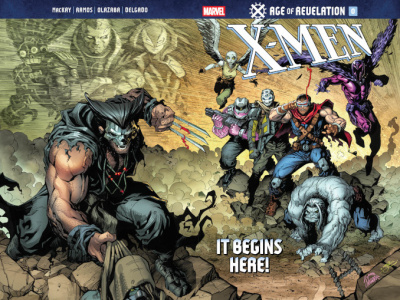The American Booksellers Association has settled its lawsuit against Barnes & Noble and Borders for $4.7 million. The lawsuit was brought on behalf of independent bookstore owners who felt that the big chains received illegal discounts and promotional subsidies from publishers. Previously the ABA had won a much bigger $25 million settlement against the publisher Penguin USA, but the paltry settlement from Borders and Barnes & Noble does not even begin to pay the legal fees for the suit against the chains. ABA Chief Executive Avin Domnitz was quoted in the New York Times as saying that the organization had already spent $18 million dollars on the lawsuit. Spokesmen for both Borders and Barnes & Noble maintain that the chains have been vindicated by the settlement.
The ABA's press release, with its 'we will live to fight again' message puts a brave face on the situation, but it is clear that the chains got the upper hand. As part of the settlement the ABA must destroy all the evidence they collected of special deals and allowances received by the chains, and Borders and Barnes & Noble will not have to change the way they deal with publishers at all. The 'face-saving' settlement paid by the two chains is actually less than the legal costs they would have incurred by continuing to litigate. Though the number of independent bookstores has actually increased in the past year (due to a big increase in small religious bookstores), according to the New York Times, the independent's share of the American book market has declined from 33% in 1991 to 15% in 2000. The ABA was not able to level the playing field with the superstores that are increasingly dominating the market. Although the ABA press release acknowledges that certain 'arrangements that operate to the competitive disadvantage of independent booksellers do remain in place,' the organization has evidently decided that the 'unbelievably expensive trial process,' is not the way to address these issues. The hard lesson of this lawsuit is that independent retailers cannot depend on legal redress against mega-competitors under Robinson/Patman, which is a money-devouring legal swamp where the advantage clearly goes to the party with the deepest pockets.







